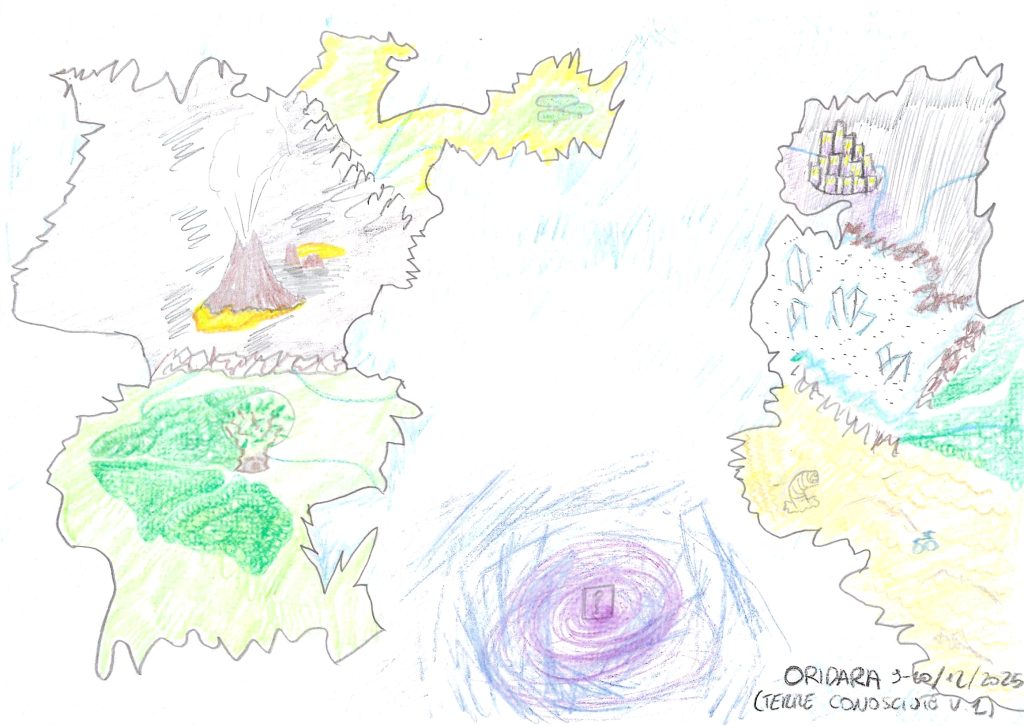Yesterday I completed “Detroit: Become Human” for the first time. I think I reached the worst possible ending, but still I loved any minute of the experience. I believe that Quantic Foundry is a fantastic company and should expand its business vertically, reaching more devices with its games and not changing completely its business.
In fact, they are very strong in high quality single player hardcore games, and in recent news I read they are making a MOBA. Apart from the fact that the MOBA genre is not well accepted in the western audience, I believe that these business line extensions are too dangerous for a business. They should insist in going stronger into single player hardcore AAA games, in my opinion.
Detroit: Become Human is a game where your choices matter, the story is the most important part of their formula. And in its story equation we have a unique (and weird) things in its characters. The world is a normal world (accepting the characters of course) and the plot is a good but predictable one in terms of umbrella plot. Then there are lots of interesting twists and expansion that make the experience memorable.
The fantasy of the game is that you are the mind of a robot, but since you have a human mind (right???) it’s interesting that somehow you give a conscience to the artifact. On top of this fantasy, which is cool, the actions are: answer choices, attacks, jumps, defense, movement. The quick time events fit perfectly in the concept of robots and algorithms.
The economy is based on completing story sequences of the three protagonists of the story and earning new story paths and points you can invest into unlocking special content like artworks, models, music and so on.
The world is our world but in the future, the technology is sci-fi and the artstyle is realistic. The story is fantastic, is about cyborgs adquiring concience. Right from the menu you can feel the story with one of them interacting with while you select the game mode and prompting you surveys with existential questions.
I see few games like this and I personally love them. I hope Quantic Foundry will surprise us with something new like this in the future.
